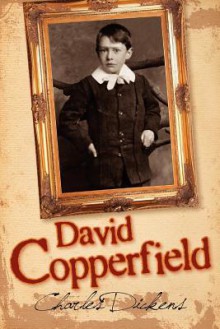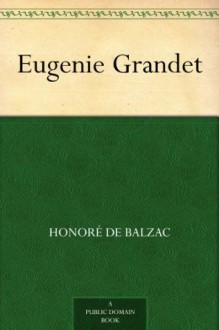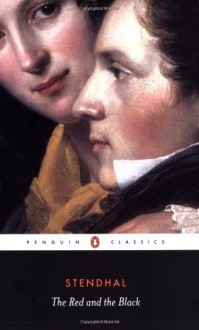
I'd read that Henry James had a very distinct split in styles, and that accordingly readers often differ greatly in which style they like. The only other book by Henry James I had read before this was <i>Washington Square</i>, one of his early novels, and it's a favorite--but that made me all the more reluctant to try one of his later novels and feel disappointed. I don't know if disappointment describes how I feel about <i>The Ambassadors</i>, one of his late and most celebrated novels. Bored and frustrated at times, admiring at others--but I definitely prefer the more straightforward, more simple in style <i>Washington Square.</i>
Late Henry James features some of the most convoluted sentences I've encountered in literature. I wouldn't go so far as to say this sported the kind of sentence where you are lost before you get to the end, and at times I did admire how much James could pack in--this is a novel very dense in meaning--but it probably did at the least slow the pace when you have lines filled with semi-colons, commas, dashes and other punctuation tricks to keep sentences like this one aloft:
<i>Melancholy Murger, with Francine and Musette and Rodolphe, at home, in the company of the tattered, one--if he not in his single self two or three--of the unbound, the paper-covered dozen on the shelf; and when Chad had written, five years ago, after a sojourn then already prolonged to six months, that he had decided to go in for economy and the real thing, Strether's fancy had quite fondly accompanied him in this migration, which was to convey him, as they somewhat confusedly learned at Woollett, across the bridges and up the Montagne Sainte-Genevieve.</i>
Also, in comparison with <i>Washington Square</i>, let alone, say Dickens, <i>The Ambassadors</i> has a paucity of plot. Not much happens here. Stether comes to Paris as the "ambassador" of his fiancee, to convince her son Chad to come home and becomes entangled with the people around him and is seduced by their charms and that of Paris. That's the core of theme and plot. The climax of the book turns on interpreting a fleeting expression seen from afar. The dialogue is simpler than the narrative, to the point of frustration at times because there are such underplayed subtle currents you have to strain to figure out what is really going on between people. And though at times I did find those challenging nuances fascinating, especially whenever Maria Gostrey appeared, in the end I felt unmoved by these characters--a very different reaction than how I felt at the end of <i>Washington Square.</i>

 Log in with Facebook
Log in with Facebook 









